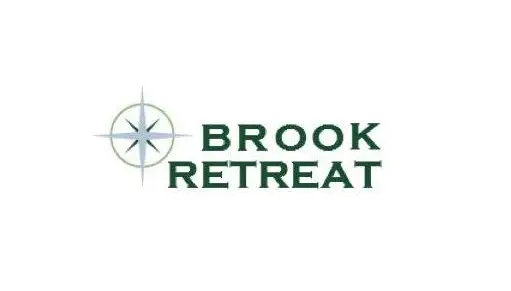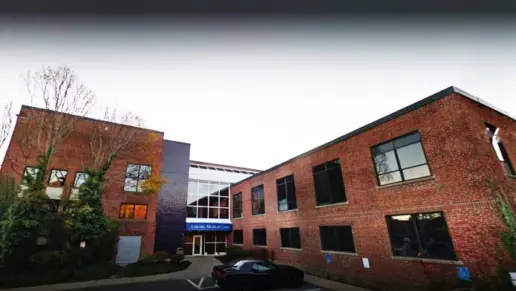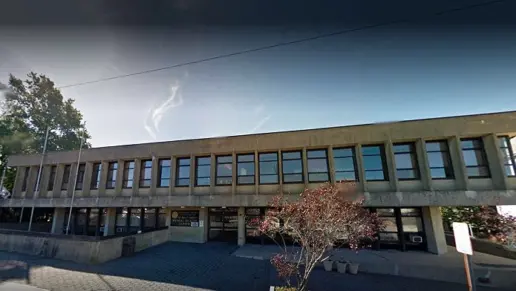A gem of a clinic. I am truly satisfied with the attention and care I have received so far. A program that is excellent and tailored for each patient.
About Brookside Community Health Center
Brookside Community Health Center is an outpatient treatment center for addiction and behavioral health in Jamaica Plain, Massachusetts. It’s a helpful and accessible resource for adults and children including adolescents throughout the Boston area. This treatment center is part of the Brigham and Women’s healthcare network.
For people who are dealing with alcohol or drug addiction at any age this community center has personalized therapy and treatment options. The staff includes addiction specialists and behavioral health experts like psychiatrists and counselors so they can help with not only addiction but other mental and behavioral health issues.
Based on clients’ feedback this clinic does suffer from an issue that’s common in community centers which is not having enough staff to take care of their patient load. This particularly an issue when it comes to scheduling and wait times but clients do say that the providers here are excellent and really care.
They also have some free services for mothers and their newborns. There’s free food and nutrition programs, referrals to social services, and even passes to local museums and cultural centers and farmer’s markets.
What really strikes me most about this rehab though is how much effort they’ve put into bringing addiction care to everyone. Accessibility is a top priority here and you can get treatment regardless of your ability to pay. The staff is also fluent in English and Spanish and the Brigham and Women’s translation service can translate into any other language for you too.
Latest Reviews
Rehab Score
Gallery
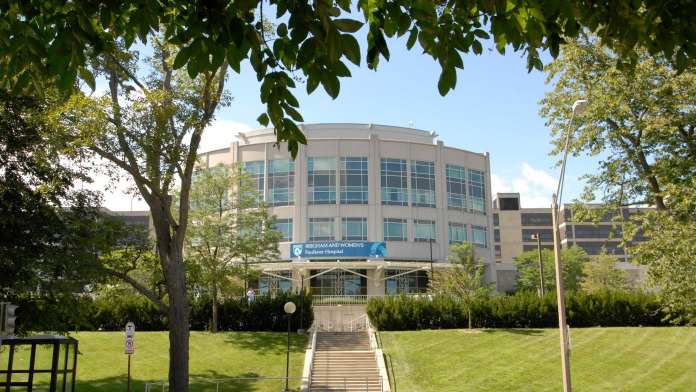
Location
Other Forms of Payment
Medicaid is a state based program that helps lower-income individuals and families pay for healthcare. Medicaid covers addiction treatment so those enrolled can use their coverage to pay for rehab. When a program accepts Medicaid the client often pays very little or nothing out of their own pocket.
Private insurance refers to any kind of healthcare coverage that isn't from the state or federal government. This includes individual and family plans offered by an employer or purchased from the Insurance Marketplace. Every plan will have different requirements and out of pocket costs so be sure to get the full details before you start treatment.
Self-pay involves paying for treatment out of your own pocket. You can use savings or credit, get a personal loan, or receive help from family and friends to fund your treatment. If you don't have insurance or your insurance plan doesn't cover a specific program, self-pay can help ensure you still get the care you need.
Financial aid can take many forms. Centers may have grants or scholarships available to clients who meet eligibility requirements. Programs that receive SAMHSA grants may have financial aid available for those who need treatment as well. Grants and scholarships can help you pai for treatment without having to repay.
Sliding scale payments are based on a client's income and family size. The goal is to make treatment affordable to everyone. By taking these factors into account, addiction recovery care providers help ensure that your treatment does not become a financial burden to you or your family, eliminating one barrier to care.
Medicare is a federal program that provides health insurance for those 65 and older. It also serves people under 65 with chronic and disabling health challenges. To use Medicare for addiction treatment you need to find a program that accepts Medicare and is in network with your plan. Out of pocket costs and preauthorization requirements vary, so always check with your provider.
Military members, veterans, and eligible dependents have access to specific insurance programs that help them get the care they need. TRICARE and VA insurance can help you access low cost or no cost addiction and mental health treatment. Programs that accept military insurance often have targeted treatment focused on the unique challenges military members, veterans, and their families face.
Addiction Treatments
Levels of Care
 Outpatient
Outpatient
 Medically Assisted Detox
Medically Assisted Detox
Treatments
The goal of treatment for alcoholism is abstinence. Those with poor social support, poor motivation, or psychiatric disorders tend to relapse within a few years of treatment. For these people, success is measured by longer periods of abstinence, reduced use of alcohol, better health, and improved social functioning. Recovery and Maintenance are usually based on 12 step programs and AA meetings.
Addiction is a highly complex problem, and drug rehab in Massachusetts is often necessary to address it. These programs treat physical, mental, and relational issues that are involved. Treatment empowers individuals to manage these issues without the use of drugs.
Many of those suffering from addiction also suffer from mental or emotional illnesses like schizophrenia, bipolar disorder, depression, or anxiety disorders. Rehab and other substance abuse facilities treating those with a dual diagnosis or co-occurring disorder administer psychiatric treatment to address the person's mental health issue in addition to drug and alcohol rehabilitation.
Opioid rehabs specialize in supporting those recovering from opioid addiction. They treat those suffering from addiction to illegal opioids like heroin, as well as prescription drugs like oxycodone. These centers typically combine both physical as well as mental and emotional support to help stop addiction. Physical support often includes medical detox and subsequent medical support (including medication), and mental support includes in-depth therapy to address the underlying causes of addiction.
Substance rehabs focus on helping individuals recover from substance abuse, including alcohol and drug addiction (both illegal and prescription drugs). They often include the opportunity to engage in both individual as well as group therapy.
Programs

Adult Program

Young Adult Program
Clinical Services
Group therapy is any therapeutic work that happens in a group (not one-on-one). There are a number of different group therapy modalities, including support groups, experiential therapy, psycho-education, and more. Group therapy involves treatment as well as processing interaction between group members.
Staff
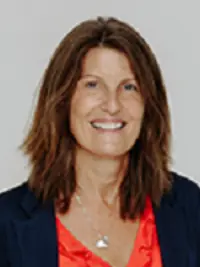
Margaret (Mimi) Jolliffe, FNP, MPH
Executive Director
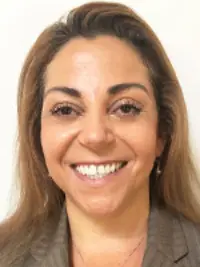
Awilda Lalande
Administrative Director, Operations & Patient Support Services
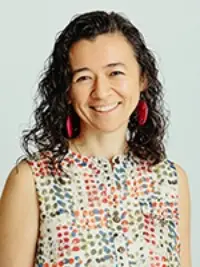
Cynthia So-Armah, MD, MPH
Medical Director

Margaret (Meg) Cole, MBA, BSN, RN
Nurse Director
Contact Information
3297 Washington street
Boston MA, 02130
